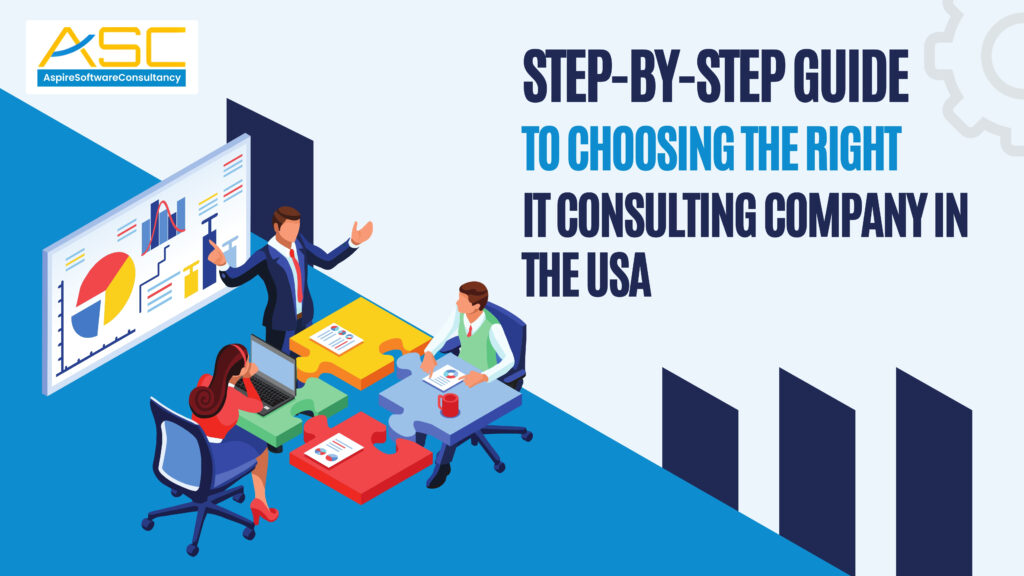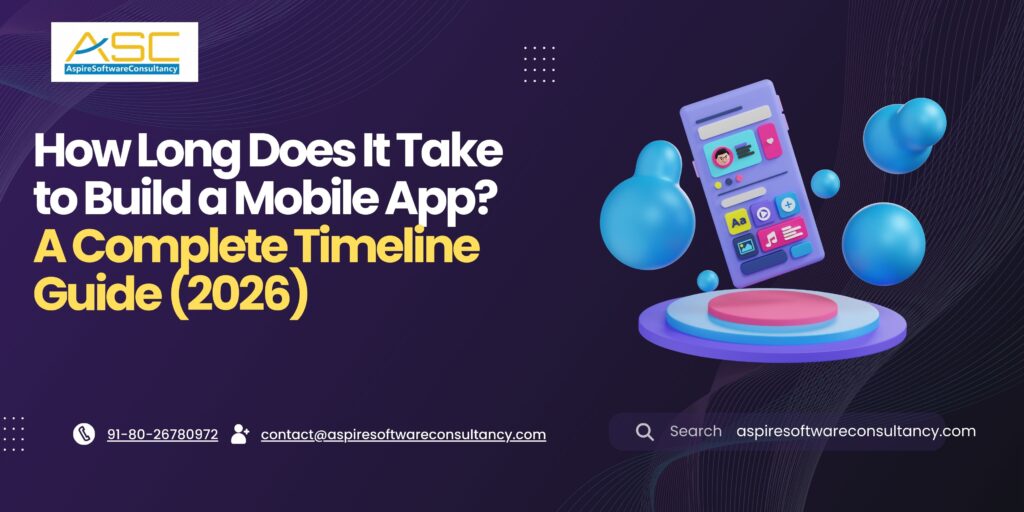In today’s rapidly evolving digital landscape, the integration of information technology (IT) within the healthcare sector is more crucial than ever. IT consulting plays a pivotal role in transforming healthcare by streamlining operations, enhancing patient care, and ensuring regulatory compliance. However, this integration is not without its challenges.
Challenges in Healthcare IT Consulting
- Data Security and Privacy
- ChallengeThe healthcare sector deals with highly sensitive patient data, making it a prime target for cyberattacks. Ensuring data security and patient privacy while complying with regulations such as HIPAA (Health Insurance Portability and Accountability Act) is a significant challenge.
- SolutionImplementing robust cybersecurity measures, including encryption, multi-factor authentication, and regular security audits, can safeguard patient data. IT consultants should also ensure compliance with relevant regulations through continuous monitoring and updating of security protocols.
- Interoperability
- Healthcare providers often use a variety of systems and software that are not always compatible, leading to issues with data sharing and communication.
- Solution: IT consultants can advocate for and implement standardized protocols and interoperable systems. Utilizing APIs (Application Programming Interfaces) and HL7 (Health Level Seven International) standards can facilitate seamless data exchange between disparate systems.
- Adoption of Emerging Technologies
- ChallengeThe rapid pace of technological advancements can overwhelm healthcare providers, making it difficult to stay updated and implement new technologies effectively.
- SolutionIT consultants should focus on continuous education and training for healthcare staff. They can also provide strategic roadmaps for technology adoption, ensuring a phased and manageable implementation process.
- Cost Management
- ChallengeThe cost of implementing and maintaining advanced IT systems can be prohibitive, especially for smaller healthcare facilities.
- SolutionIT consultants can help optimize costs by identifying the most cost-effective solutions and leveraging cloud-based services. They can also assist in securing funding through grants and partnerships.
- User Training and Change Management
- ChallengeResistance to change and a lack of proper training can hinder the successful implementation of new IT systems.
- Comprehensive training programs and change management strategies are essential. IT consultants should facilitate user-friendly training sessions and support healthcare providers through the transition period.
Solutions and Best Practices
- Holistic Approach to IT Infrastructure
- StrategyAdopt a holistic approach that considers the entire IT ecosystem of a healthcare facility. This includes hardware, software, network infrastructure, and end-user devices.
- BenefitEnsures a cohesive and well-integrated IT environment that enhances overall efficiency and effectiveness.
- Patient-Centric Solutions
- StrategyImplement patient-centric IT solutions such as electronic health records (EHRs), telemedicine platforms, and patient portals.
- BenefitImproves patient engagement and satisfaction by providing easy access to medical information and facilitating remote consultations.
- Data Analytics and AI Integration
- StrategyLeverage data analytics and artificial intelligence (AI) to improve clinical decision-making and operational efficiency.
- BenefitEnhances predictive analytics, personalized treatment plans, and overall healthcare delivery.
- Scalable and Flexible Systems
- StrategyDesign IT systems that are scalable and flexible to accommodate future growth and technological advancements.
- BenefitProvides long-term value and adaptability to evolving healthcare needs.
- Collaborative Partnerships
- StrategyFoster collaborative partnerships between IT consultants, healthcare providers, and technology vendors.
- BenefitEncourages innovation, knowledge sharing, and the development of tailored solutions that meet specific healthcare requirements.
Conclusion
IT consulting in healthcare presents a unique set of challenges, but with the right strategies and solutions, these challenges can be effectively addressed. By focusing on data security, interoperability, cost management, and user training, IT consultants can play a pivotal role in transforming healthcare delivery. Embracing patient-centric solutions, data analytics, and collaborative partnerships will further enhance the impact of IT consulting, ultimately leading to better patient outcomes and a more efficient healthcare system. As the digital transformation in healthcare continues, the expertise and guidance of IT consultants will remain indispensable.







